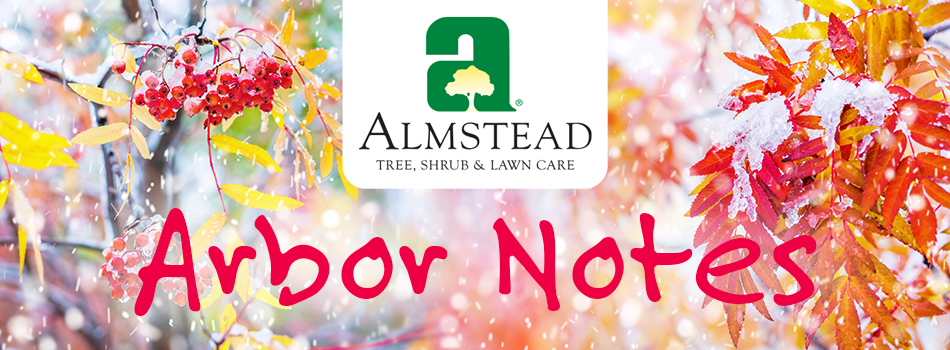The science of preserving nature since 1964
Trees to Consider: Japanese Cedar
Japanese Cedar, also known as Sugi, is a slender, pyramidal, evergreen conifer with tiered horizontal branching, which is slightly pendulous at the tips. It is the national tree of Japan where it is often planted at temples and shrines. It has a strong, dominant central leader with reddish brown bark on the main trunk. During winter, the foliage will develop a bronzy-purple winter hue, especially when exposed to cold winds.
Latin Name: Cryptomeria japonica
Common Name: Japanese Cedar, Sugi, Cryptomeria
Tree Type: Needled evergreen. It is considered an ornamental tree and is a prized timber tree in its native habitat.
Sun and Water Requirements: Best grown in moist, rich, fertile, acidic, well-drained soils in full sun. Tolerates light shade.
Expected growth: In forested areas in Japan and China it typically grows as a single trunk tree to 150’ tall with an 8’ trunk diameter. In cultivation in the U.S., it grows much smaller, more typically to 50-60’ tall.
Foliage: Japanese Cedar has sharply-pointed, awl-shaped, fragrant, green to blue-green needles (to 3/4” long) that are spirally arranged. The foliage is soft to the touch and may bronze in cold winters.
Landscape Value: Japanese Cedar can be used as a specimen plant, or in a small groups for accents, or even as dense screening plants. It lends textural and color contrast to the landscape. The summer needle color is glistening blue-green and growth rate is fast. Japanese Cedar provides a shade-tolerant alternative to Leyland Cypress (which is really more of a Southern plant and much more tempremental to our stresses in the Northeast) when used for screening purposes in the landscape.
Alternating this species with Green Giant Arborvitae (Thuja 'Green Giant') can offer a nice contrast and long-term substantial size and height evergreen screening if the site is conducive. Always consider the size in height and width in maturity before installing as we typically see over-planting in numbers with inadequate spacing. If unsure, contact your Almstead arborist and remember we provide this service as well.




LOCATIONS:
Lower Westchester County, NY and New York City
58 Beechwood Ave, New Rochelle, NY 10801
914-576-0193
Upper Westchester (North of I-287)
15 Broadway, Hawthorne, NY 10532
914-741-1510
Fairfield County, Connecticut
547 Hope Street, Stamford CT 06907
203-348-4111
Bergen & Passaic Counties, NJ
504 High Mountain Road, North Haledon, NJ 07508
973-636-6711
Contact us for a Free Consultation
